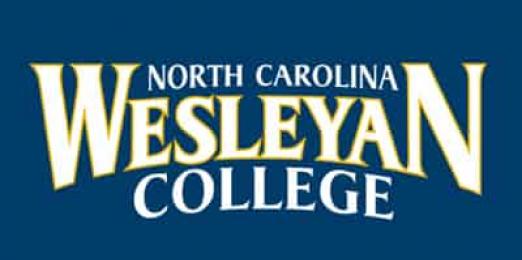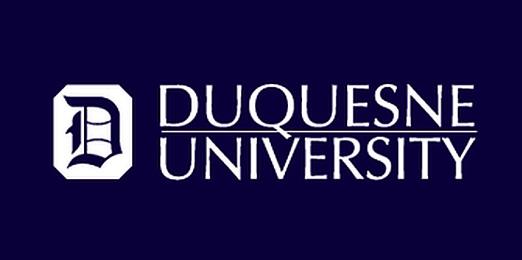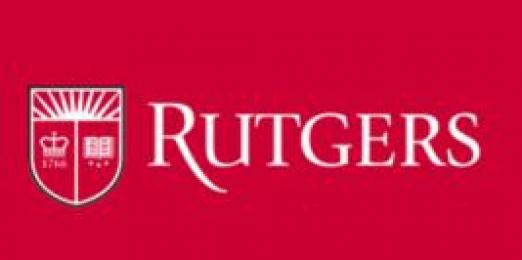In commerce, supply chain management (SCM), is the management of the flow of goods and services, involves the movement and storage of raw materials, of work-in-process inventory, and of finished goods from point of origin to point of consumption. Interconnected or interlinked networks, channels and node businesses combine in the provision of products and services required by end customers in a supply chain. Supply-chain management has been defined as the "design, planning, execution, control, and monitoring of supply chain activities with the objective of creating net value, building a competitive infrastructure, leveraging worldwide logistics, synchronizing supply with demand and measuring performance global.
"Global Supply Chain Management, also known as the value chain or logistics network management, consists of a network of suppliers, manufacturers, warehouses, distribution centers, wholesalers and retailers. It also includes a variety of specialized facilitating systems, such as transportation and information systems. The Global Supply Chain Management option develops an understanding of the design, control and operation of supply chains."
(Provided by: Cal State Northridge)
"As a supply chain management major, you will learn a set of skills that will allow you to effectively streamline the flow of materials, finances and information for a company. Your training in the supply chain management program will make you a competitive candidate for increasingly important positions in organizations everywhere."
(Provided by: The University of Kansas)
"The design, production, and distribution of goods and services are the core activities around which all firms and economies are built. The OM/MS track allows students to build a fundamental understanding of the trade-offs to consider when managing the development of products and services, as well as the operations used to produce them and fulfill customer requirements."
(Provided by: The University of Pennsylvania)
"Students learn how to effectively manage the flow of resources coming from suppliers, the conversion of those resources into finished products, and the subsequent transportation to wholesalers, retailers, and the final consumer. Students in the Supply Chain Management major prepare to work in domestic and international markets. The Bureau of Labor Statistics reports that supply chain management jobs are significant and expected to grow by about 7 percent every year through 2026."
(Provided By: Marietta College)
"Supply chain management involves the control and coordination of materials and services from the original point of origin to the final point of consumption. Increasing competitiveness through higher quality, lower cost, greater responsiveness, and unique innovation is a critical aspect of supply chain management."
(Provided by: Brigham Young University)
"Our supply chain management program takes a cross-functional approach and will provide you with the tools to manage all aspects of a business process from procurement, strategic partnering and alliances, manufacturing/service development, information flow, cycle time management, and logistics and distribution to supplier/customer relationship management."
(Provided by: Rutgers University)











